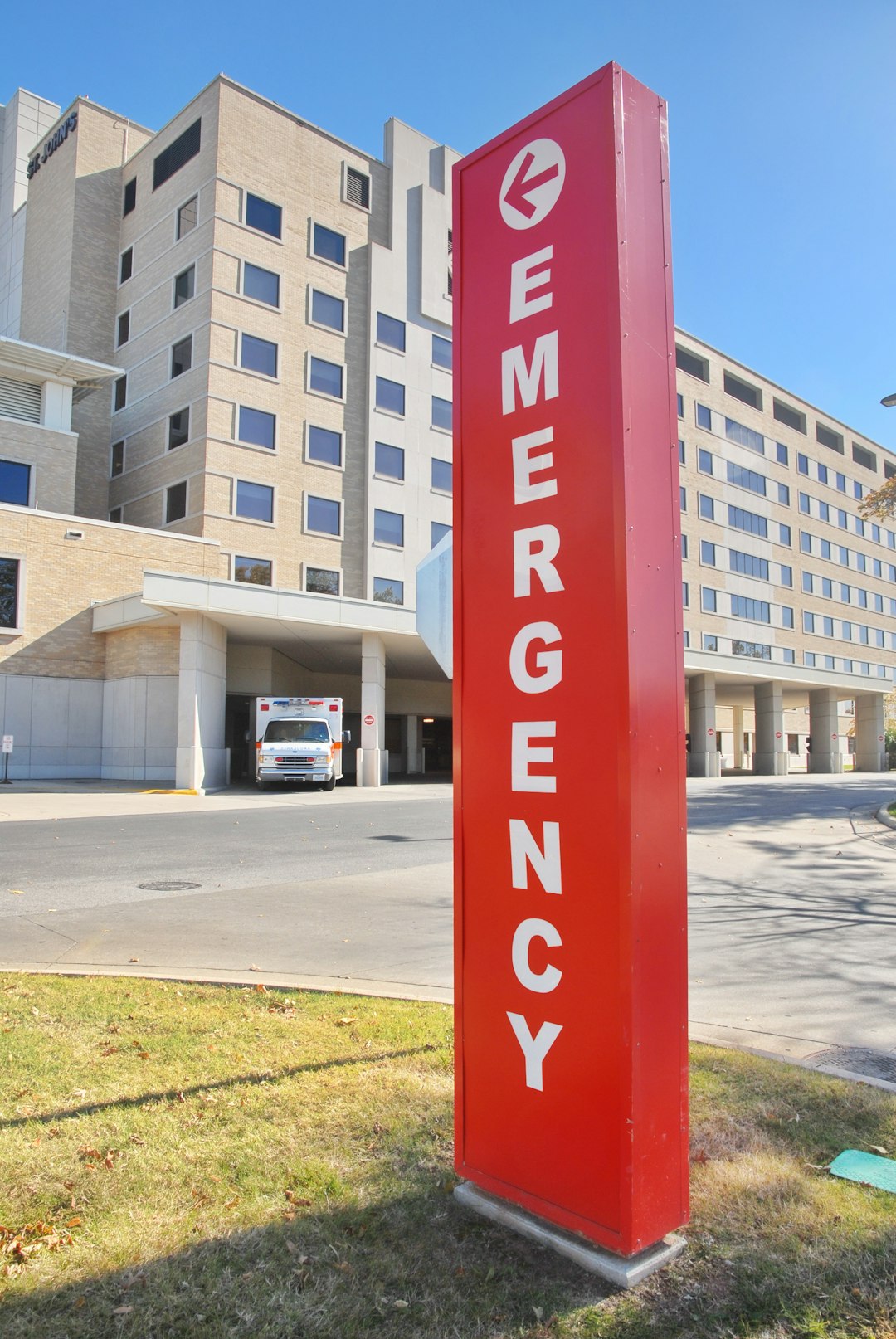Is America’s healthcare system the least effective, most expensive in the world?
Friday Pulse Check
Good morning and happy Friday. Welcome to the Friday Pulse Check.
In the news…
Rates of new COVID-19 infections in Africa have tanked to their lowest level in two years. The World Health Organization is warning, however, that as winter approaches the southern hemisphere, there is a risk that cases will increase. There have been new forms of the omicron variant detected in the southern African nations of Botswana and South Africa, but health experts are unsure if they are more transmissible or more dangerous.
The US Department of Health and Human Services is looking into how computer algorithms create bias as they look to expand health equity programs. According to the Office of National Coordinator for Health IT, algorithms developed by large hospitals (like the Mayo Clinic) might not be able to apply to hospitals in places like San Juan, Puerto Rico. This is part of the HHS’ push to fulfill the Biden administration’s equity agenda, a policy based on the notion that inequalities are caused by created biases in various systems, including hospital IT apparently.
Fact check: Is America’s healthcare system the least effective, most expensive in the world?
This week on the FLATLINING Podcast, Ron and I continued our discussion on the healthcare equation, focusing on affordability and quality. A PBS Newshour report in 2020 described the US healthcare system as the “least effective, most expensive system in the world.” Ron and I decided to pick this apart a bit.
It is true that the United States spends significantly more (even per capita) than other developed countries on our healthcare. Part of that is inherent to our system but part of it is also that Americans, on average, are less healthy than other people in the developed world. We eat more sugary foods and exercise less which causes heart diseases and diabetes and other health problems. These drive up the costs of healthcare for everyone.
But to say we have an ineffective system is, in our opinion, false. The United States leads the world in medical access and innovation. Yes, it may be super expensive, but we have the ability to walk into an ER and receive world-class care, right down the street (in many cases). Unlike in other countries like Canada and the United Kingdom, we don’t have to wait months and months to see a specialist. We’re not at risk of drugs running out.
Additionally, the United States (through private companies, research universities, and public/private partnerships) leads the world in innovation. We helped develop the first malaria vaccine, which can be up to 50% effective in saving children’s lives in Africa. We helped develop mRNA technology to create vaccines for the coronavirus and in under two and a half years we developed a number of oral treatments.
While it is true that this costs us (both as private individuals and taxpayers) a lot of money, it is disingenuous to say that we don’t have effective healthcare. We cannot keep blaming a system for our own poor health choices.
You can listen to the FLATLINING Podcast on Apple Podcasts, Spotify, the iHeartRadio app, Amazon Music, Google Podcasts, and Audible.

Aduhelm is back in the news
A few months ago, we told you about an Alzheimer’s treatment called Aduhelm which was approved by the FDA last year. The drug costs about $30,000 per year per patient. The Centers for Medicare and Medicaid Services decided not to cover the drug. As we told you then, this has angered some people who want the drug and some Republicans who think the CMS shouldn’t get to dictate what is and isn’t covered.
The Wall Street Journal Editorial Board took to their pages this week to echo the claims that CMS shouldn’t be decided which drugs it will and won’t cover. They argue that this is playing politics and that the “public-health left” (their words, not mine) can use this in the future to restrict cancer and gene therapies.
The WSJ laments here and in their previous few articles on the matter that the progressives have finally become afraid of too much spending. I’m struggling to understand why this should bother them. A government agency has finally agreed not to shell out money for an expensive product that doesn’t work and that is a good thing.
Why should the American public be forced to pay for something that is very expensive and that most doctors won’t prescribe?
In my opinion, we shouldn’t. I also don’t believe this is political meddling in a health-related question. The FDA approved a treatment that, clinically, does not do what it is supposed to do. Maybe it was a mistake, maybe the data was fudged, maybe the FDA just wanted people to have the option. Whatever the case may be, it should not mean that we all should rally around treatments that do not work (ahem, ivermectin for COVID-19). We have to start making informed and sometimes hard decisions about our healthcare.
(Note: the WSJ article may have a paywall.)
Ukraine
I’ll quickly close with Ukraine. The WHO is reporting continued attacks on hospitals and healthcare by the Russians. They have tallied one-hundred and eight so far which have resulted in seventy-three deaths and fifty-one injuries. You can read more about it from WXYZ in Detroit.
Have a good Easter weekend.
Matthew


